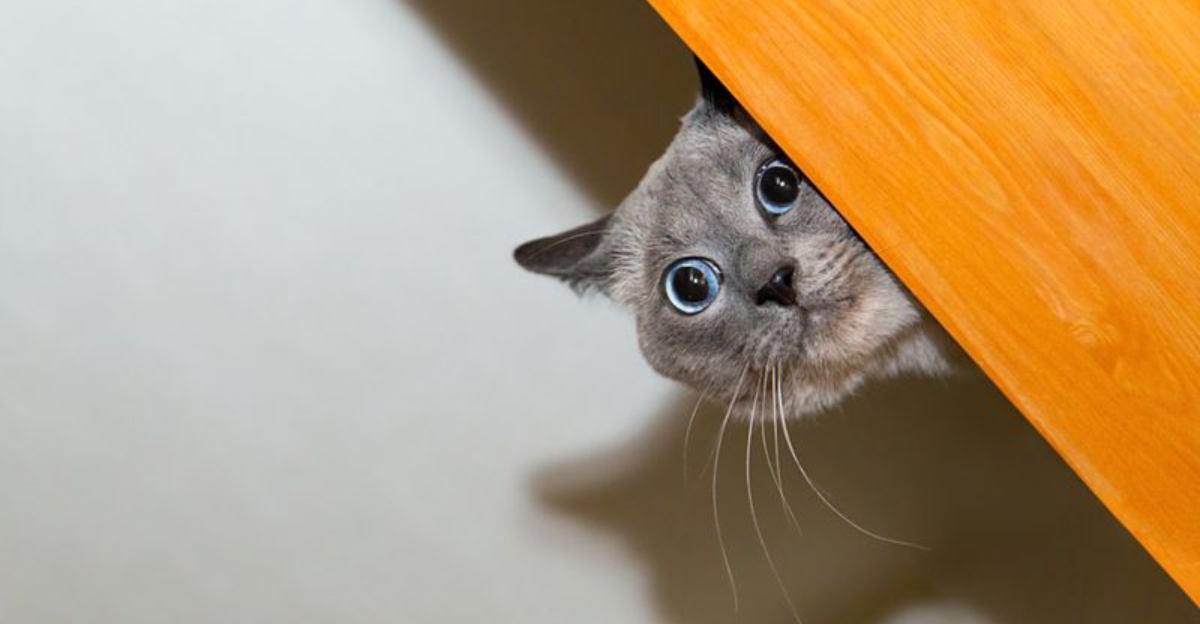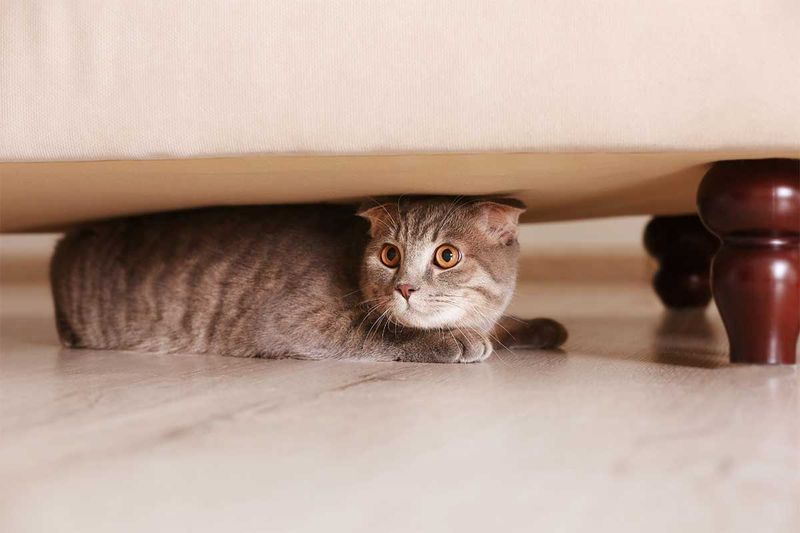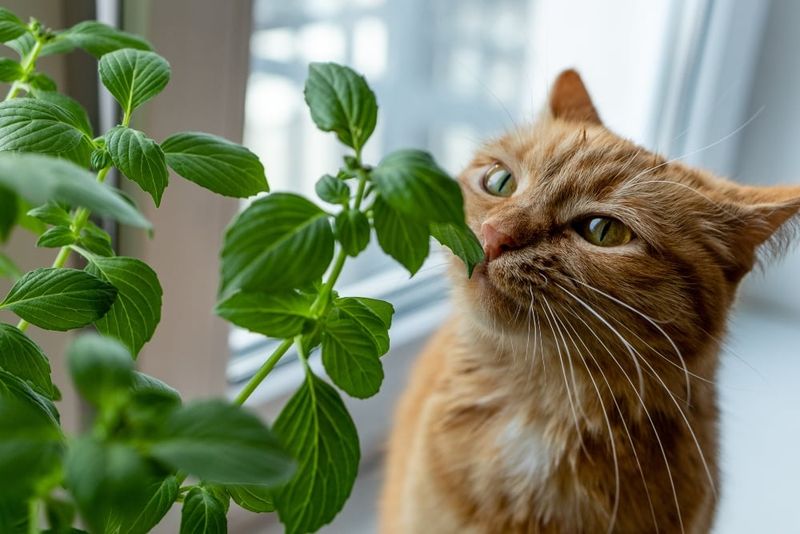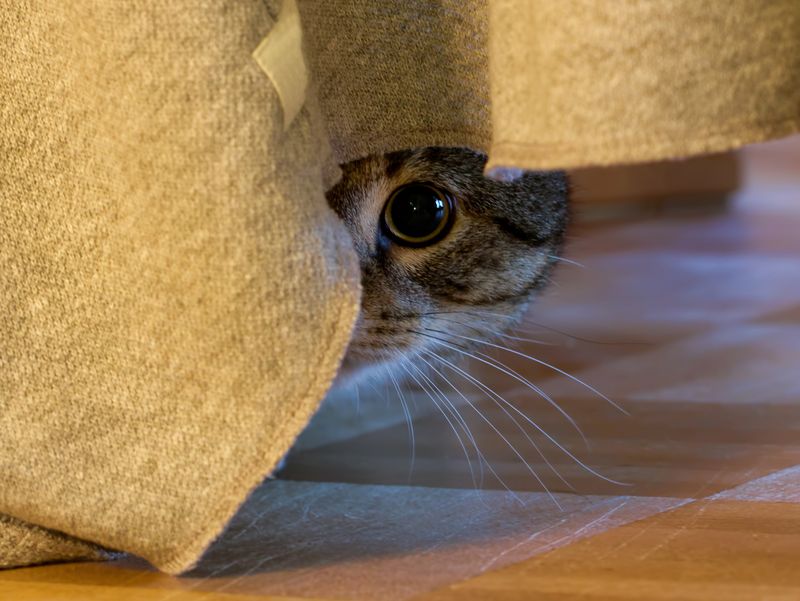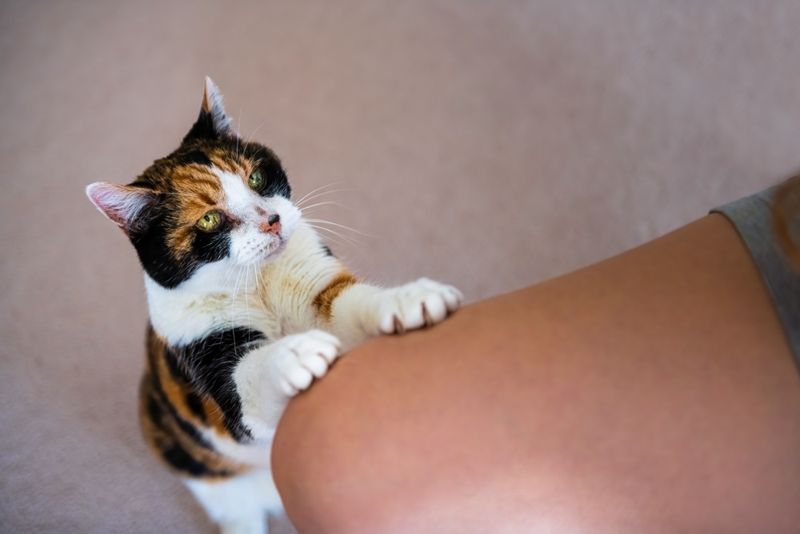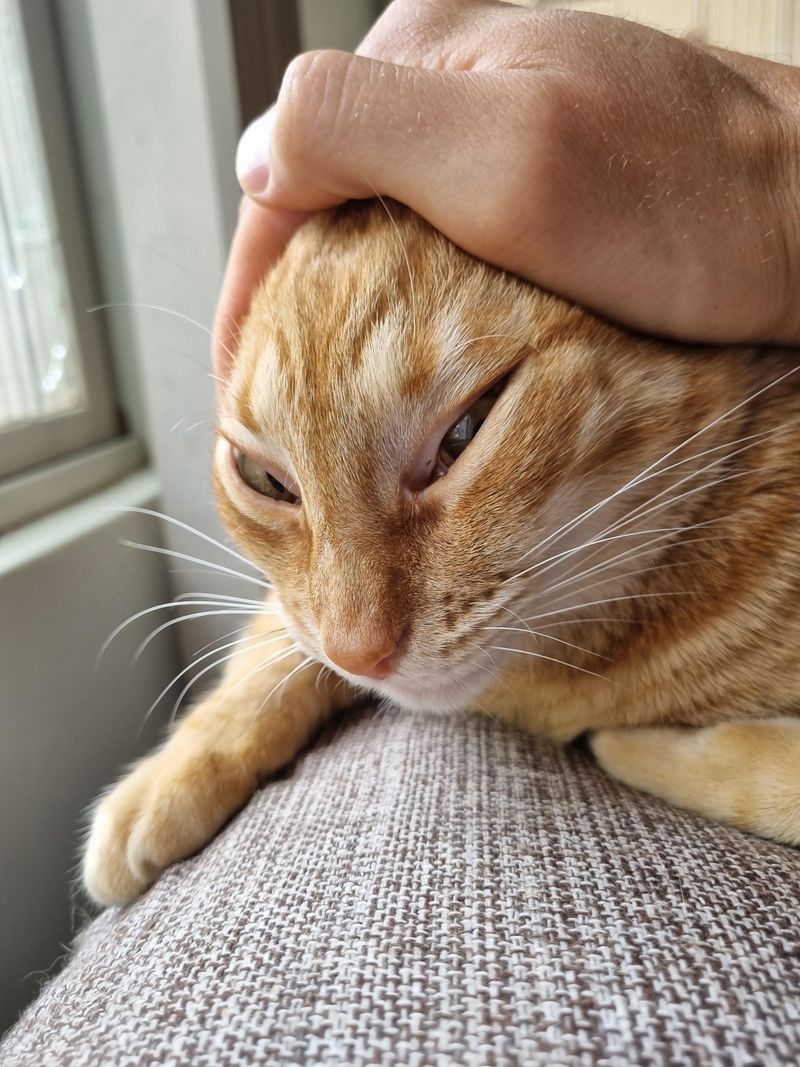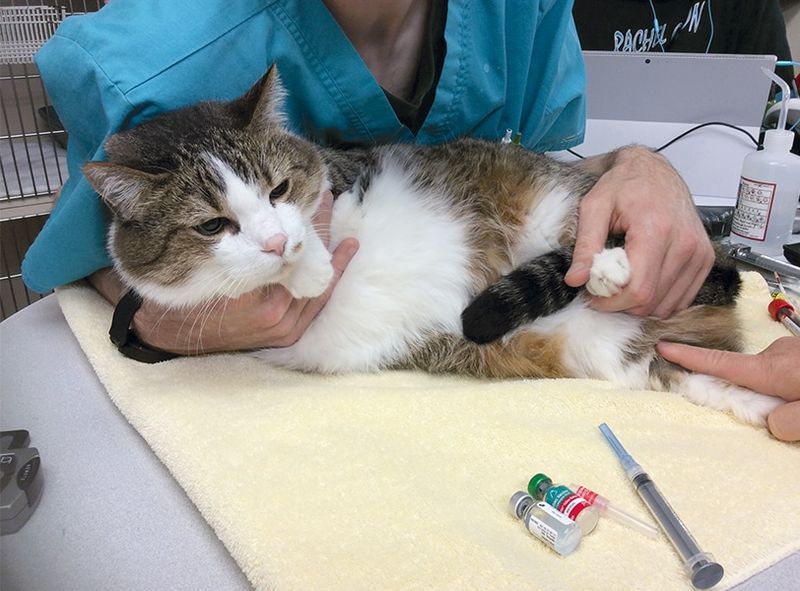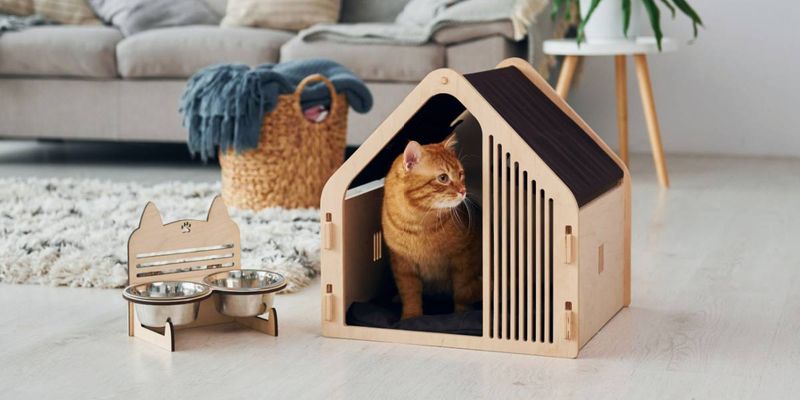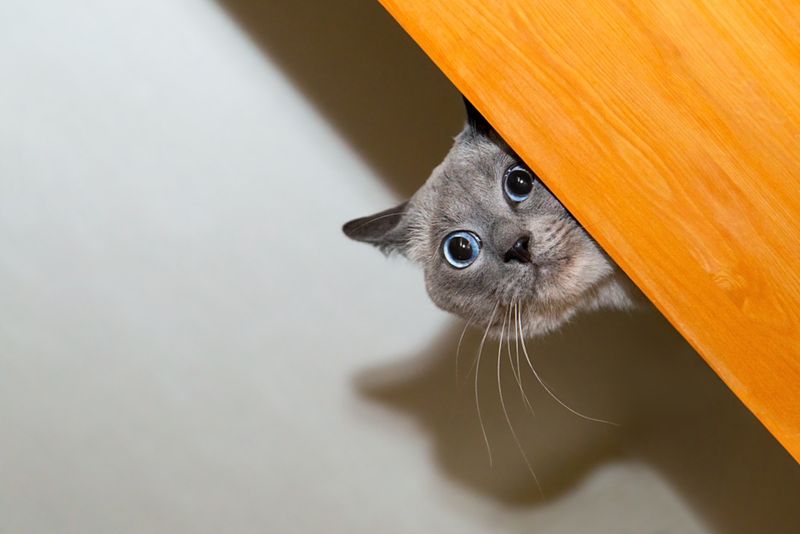📖 Table of Content:
Cats are known for their independent nature and distinct personalities, often forming their own preferences in how they interact with their environment. While they are generally low-maintenance, certain human habits can cause them unnecessary stress. Recognizing these behaviors is key to fostering a peaceful relationship with your feline companion.
Although cats enjoy their space and freedom, they can become sensitive to specific actions in their surroundings. Simple habits, like loud noises or sudden movements, may be perceived as threats. These seemingly small disruptions can impact their overall well-being and comfort.
Creating a stress-free environment for cats involves understanding what makes them feel uneasy and adjusting certain behaviors accordingly. By identifying common stress triggers, it’s possible to promote a calmer, more enjoyable home life. Cats thrive when they feel safe and respected, and it’s worth considering their unique needs.
1. Loud Noises
Imagine a serene cat lounging peacefully, only to be jolted by the abrupt clatter of pots or a blaring car horn. Cats, with their heightened senses, can find loud noises rather distressing. A sudden bang can send them darting under the nearest couch, their sanctuary from the racket. In a world that often hums and buzzes, creating a quiet home environment can be a gift for your feline companion. Consider soft music or the gentle hum of a fan to soothe their sensitive ears, allowing them to bask in tranquility.
2. Strong Scents
Cats possess a sense of smell that far surpasses that of humans. When faced with overpowering perfumes or pungent cleaning products, their noses can twitch with displeasure. Imagine being surrounded by an intense aroma that lingers in every corner. For felines, strong scents can be overwhelming. Opt for unscented cleaning solutions and keep fragrant items out of reach. This small change can ensure your home remains a pleasant haven for your cat, allowing them to explore without the assault of intense odors.
3. Sudden Movements
Cats are graceful creatures, often moving with a fluid elegance. Sudden gestures or unexpected movements can catch them off guard, leaving them wary. Picture a cat lounging on a windowsill, eyes half-closed, when someone suddenly waves an arm. Such abrupt actions can make them skittish. To foster trust, approach them with slow, deliberate movements. By respecting their space, you’ll find your feline friend more willing to curl up beside you, sharing their quiet companionship in a calm environment.
4. Ignoring Them
Despite their independent reputation, cats relish interaction and affection from their humans. Picture a cat sitting patiently, waiting for a gentle scratch, while its owner is absorbed in a phone screen. Over time, this perceived neglect can make them feel overlooked. Acknowledging their presence and indulging in playtime can strengthen your bond. Even a few minutes of focused engagement can make them purr with contentment, reminding them they are cherished. After all, your attention is their favorite treat.
5. Too Much Petting
While many cats enjoy a good scratch, there’s a fine line between delight and discomfort. Some cats may tolerate petting until their tolerance threshold is crossed, leading to a flicking tail or flattened ears. It’s essential to recognize these signs and respect their boundaries. Imagine being in a situation where the affection feels overwhelming. Give your feline the freedom to approach for affection on their terms. This mutual respect fosters a trusting relationship, where affection is welcome and freely given.
6. Dirty Litter Box
Cats are fastidious creatures, and a clean litter box is non-negotiable. Imagine stepping into a bathroom that hasn’t been cleaned in days. For cats, a dirty litter box is just as unpleasant. Regularly scooping the box and changing the litter keeps them content. Providing a spotless space for this important ritual shows consideration for their needs and helps avoid unwanted accidents elsewhere in your home. A clean litter box equals a happy cat, and maintaining it is a simple way to show you care.
7. Restraining Them
Cats cherish their freedom and autonomy. Being held too tightly or restrained can lead to anxiety and discomfort. Imagine feeling trapped in a bear hug you didn’t ask for. Respecting their need for movement and allowing them to approach on their terms builds trust. If restraint is necessary, such as for a vet visit, a gentle and calm approach can ease the experience. Understanding their preference for freedom ensures your feline feels safe and secure, knowing their personal space is respected.
8. New Surroundings
Change can be unsettling for a cat, turning their familiar world upside down. When introduced to new surroundings, they might approach cautiously, tail low, and ears alert. Imagine stepping into a room where everything is unfamiliar. For cats, this can be a stressful experience. Helping them acclimate gradually, with familiar scents and objects, can ease the transition. Providing a quiet corner where they can retreat ensures they feel secure while exploring new territories at their own pace.
9. Unfamiliar Animals
Cats are territorial by nature, often viewing unfamiliar animals as intruders. Introductions can lead to arched backs and hissing, a clear sign of discomfort. Imagine having an unexpected guest in your personal space. For cats, new animals can feel like a threat to their territory. Introducing them gradually, with patience and positive reinforcement, can help ease tensions. Providing separate spaces and allowing them to adjust at their own pace fosters harmony and reduces stress in a multi-pet household.
